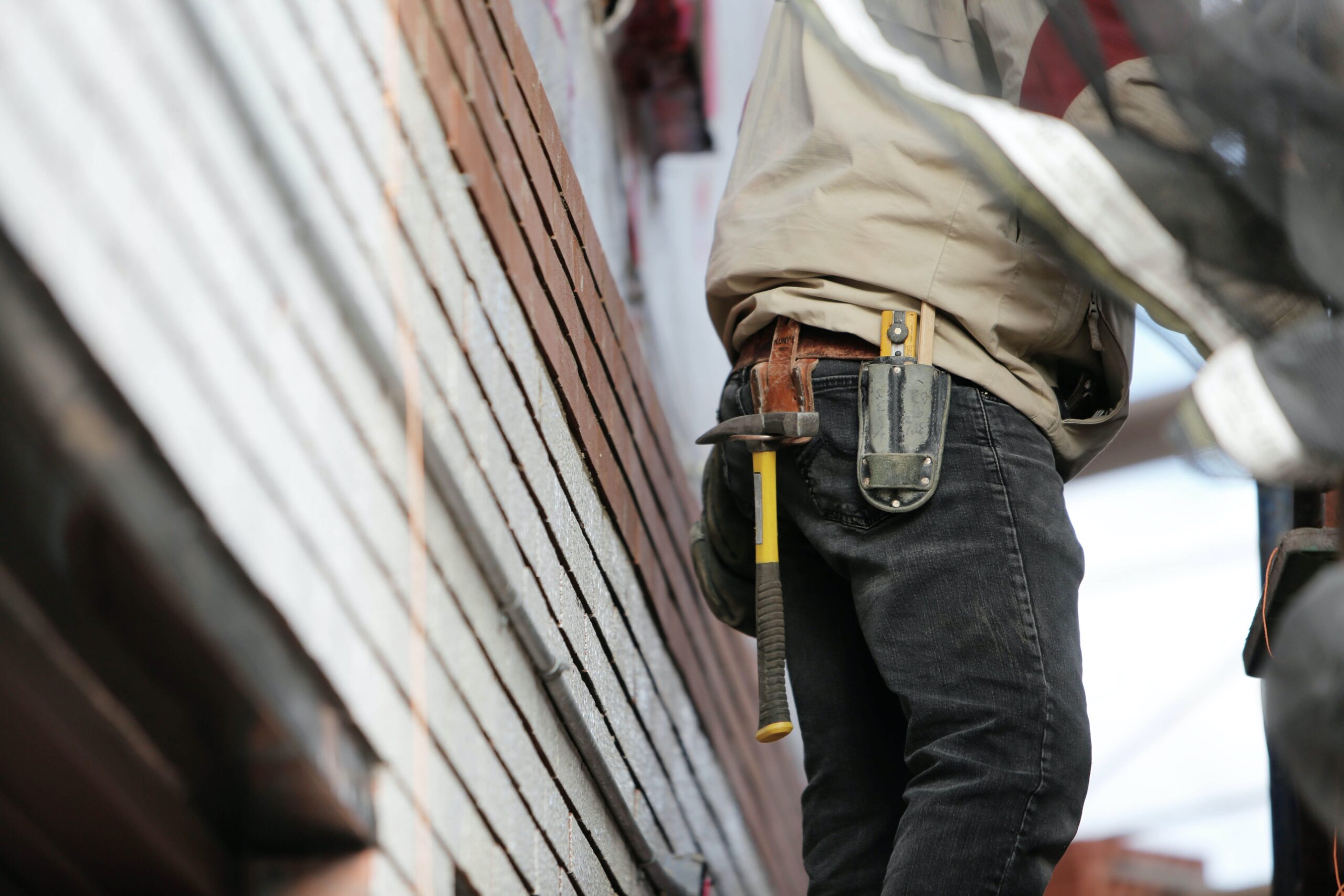Recent years have seen the emergence of a work-from-home trend in the white-collar world, driven by the Covid epidemic and the need for social distancing. Even though most restrictions have been lifted, many businesses are still allowing various office staff to continue working from home.
Recently I read an article about various business management experts debating whether working from home increases or decreases productivity. Some studies say productivity increases, others say no it doesn’t. So, the debate continues.
This got me thinking about productivity in the trades, where working from home is rarely possible. Academic debates are unnecessary. It’s quite simple to measure the productivity of people who work with tools for a living. Jobs either get done or not in a given period of time. Bosses know who are the best trade workers and which ones need a kick in the pants – or a boot out the door.
Construction contractors use computerized estimating programs that incorporate historic productivity data for various jobsite conditions. It’s how they know how much to charge when they bid for a project. In the service sector, contractors can track the number of calls each technician handles and their range of difficulty. A technician who doesn’t pull his or her weight doesn’t last long.
Such things are not so easy to calculate in the white-collar world. This results in a lot of hand-wringing when workers find out someone is getting paid more or promoted over someone else who feels he/she is more deserving. That kind of office drama is itself a drag on productivity.
Trade workers can take pride in being productive members of society. And, it’s easy for them to prove it.

